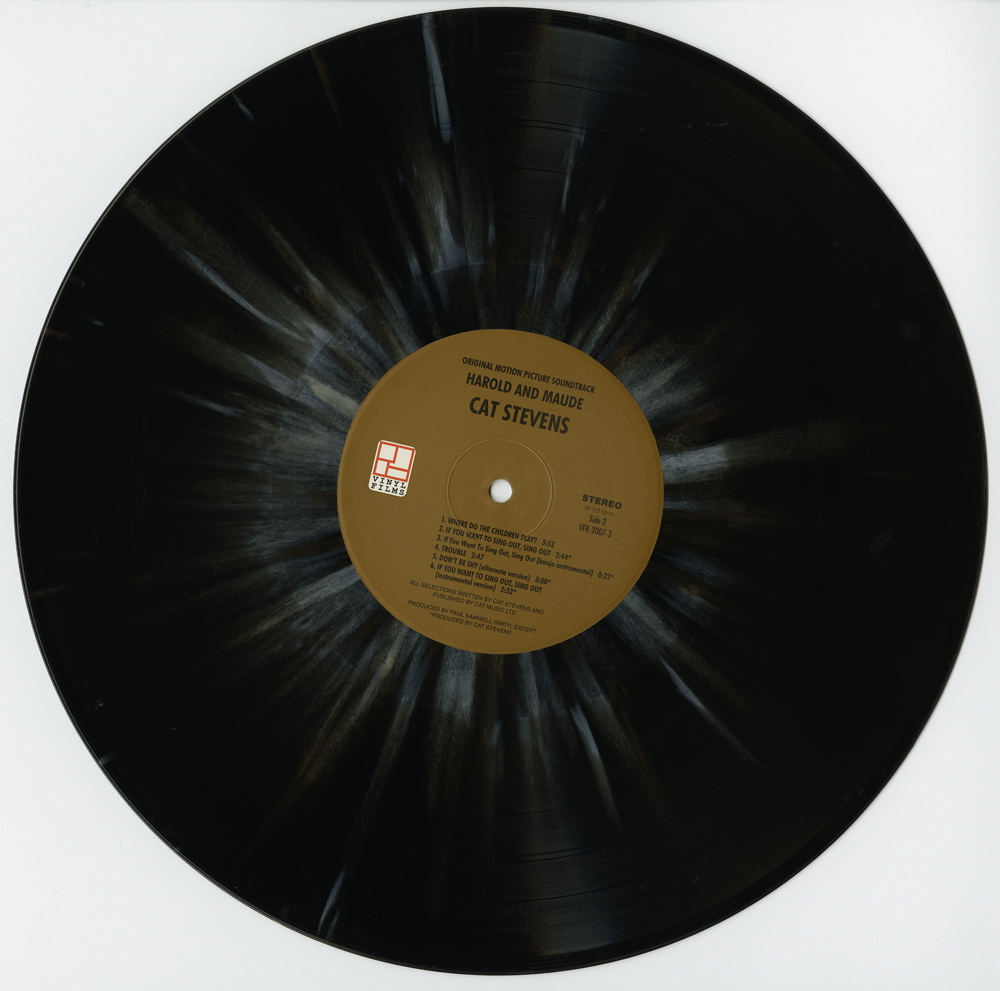

Just as Harold jumps off of the chair he is standing on, his mother comes in to remind him of the dinner party they are hosting that night, completely oblivious to the fact that her son is hanging from the rafters with a rope around his neck.

In the opening sequence Harold enters one of the rooms of his lavish house, puts a Cat Stevens record on, climbs on top of a chair, and places a noose around his neck. Interesting characters, beautiful editing, an excellent script, and a superior soundtrack make this film a classic.īud Cort plays Harold, a privileged but troubled twenty-year old. Inspired by a newspaper clipping, the idea of a young man marrying a woman several times his senior became the black comedy of Harold and Maude. All kinds of observable differences! You see, Harold, I feel that much of the world's sorrow comes from people who are this, yet allow themselves to be treated as that. See, some are smaller some are fatter some grow to the left, some to the right some even have lost some petals. Maude: What kind of flower would you like to be? She hands him the key to escape his old life and become his own person. I see Maude as freeing Harold from his mother, from his confusion and neediness. Maude stands out in bright contrast as a vibrant symbol of individuality. The priest and the therapist are stiff caricatures of society's mores. This is a coming of age story she makes him uncomfortable, she leads him to question his life and his sense of morality (and mortality), his sense of what matters. Maude goes to funerals she likes the pageantry of life. Harold goes to funerals he craves the raw emotion and realness that accompany such occasions. (When Harold's mother decides it is time for him to marry, she fills out the dating service questionnaire with her own answers, not his.) She sees Harold as another accessory in her life, one that doesn't quite fit.

He is being raised by a mother who cares more for show than substance and whose life is centered around her social engagements. He's bright, and rather lost he feels unloved. He's an angst-filled teenager (or young adult). I don't see Harold as mentally ill, for one thing. Harold and Maude is my favorite movie, too, but I have a very different perception of it.
#Cat stevens harold and maude movie#
This movie may have done a great service in putting non mentally ill people in the position of riding the waves of manic depression. I view Harold and Maude as a trip into my own neuroses, a disorienting journey through what might happen in my worst nightmares. Never reconciled by his affair with a widow, his religion contradicting and confirming the psychoanalytic currents that have run deep into his life. Harold never seems to escape the confusion of double messages, his relationship with an overprotective mother The same spot as Freud was in the therapist's office. Protected by a photograph of Pope Paul VI in exactly Yet this decision is confirmed by the priest who is The therapist advises Harold not to marry under the watchful eye of Freud, the shadow antagonist of the work. To marry Maude is ultimately judged by a Catholic priest. Harold is sent for his weekly appointments to the psychotherapist his decision Most striking is the juxtaposition between religion and The viewer, not fully sure as to the status of Maude, may have the sense of imperfect action. This climax devolves into Harold's estrangement from Maude, culminating in her suicide.
#Cat stevens harold and maude free#
Harold completes his Oedipal desire by having intercourse with Maude, perhaps an attempt to break free of the times his mother controlled his every coming and going, using cars and gifts as bribes (however controversial the act). Harold's neuroticism extends through his Freudian relationship with his domineering mother to his infatuation with Maude, a relationship based more on Harold's conception of Maude as a substitute mother/authority figure. Besides its impressive Cat Stevens soundtrack, Harold and Maude is notable for portraying mental illness in an


 0 kommentar(er)
0 kommentar(er)
